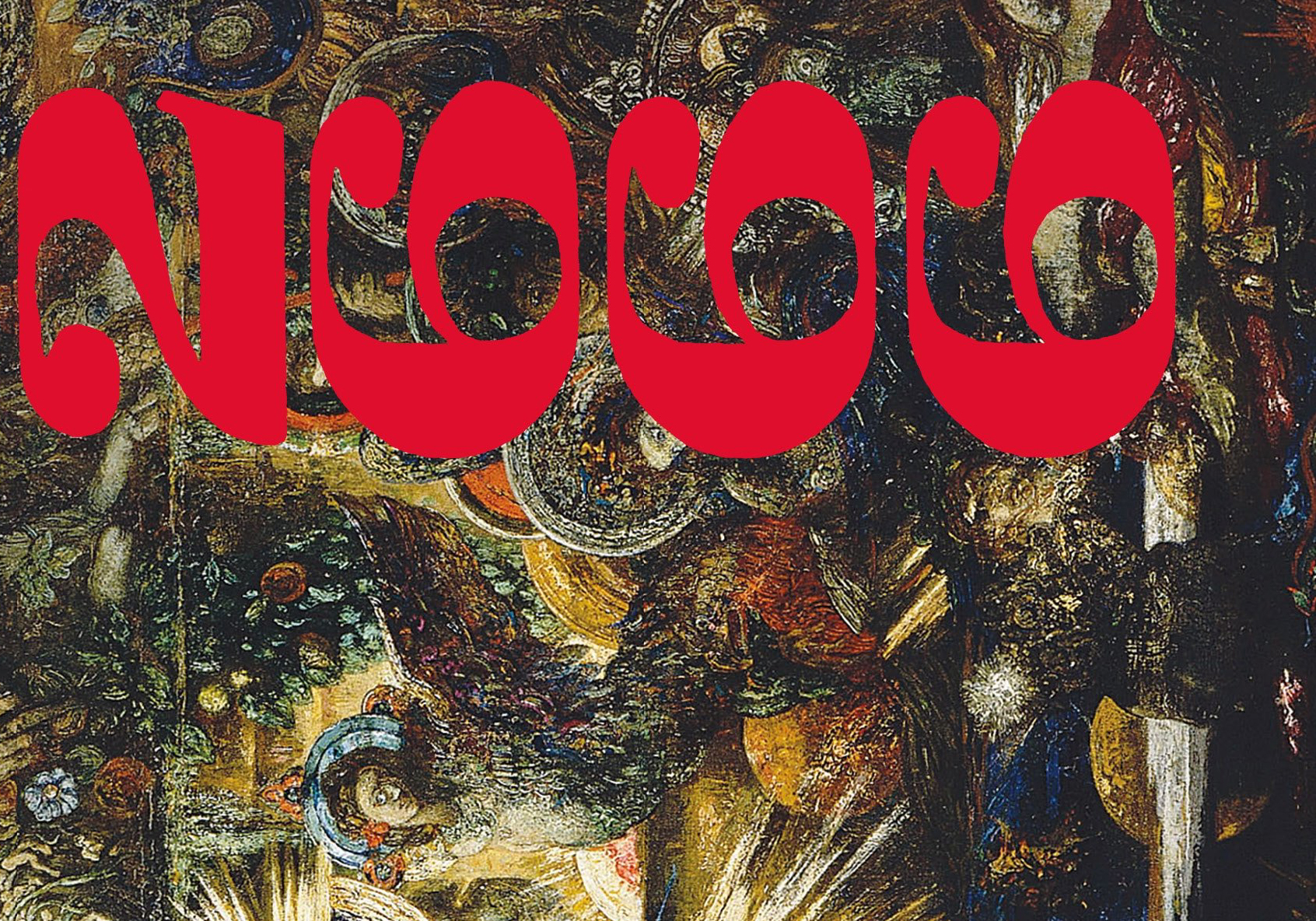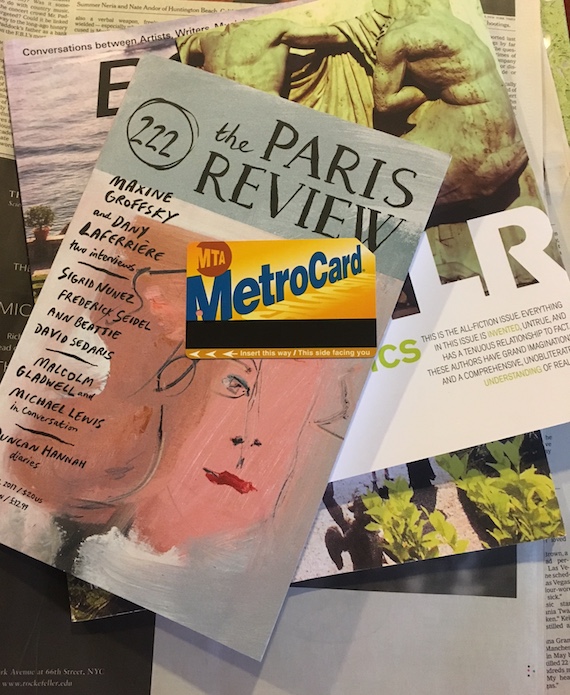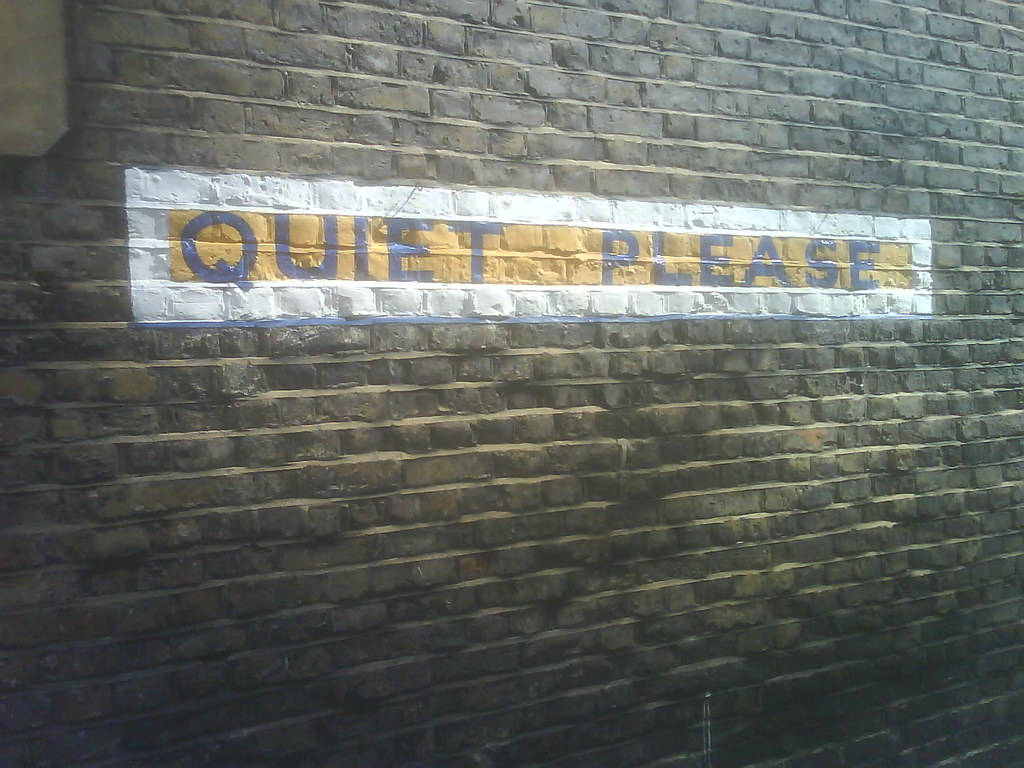Millions contributor Edan won second prize in StoryQuarterly’s Fall 2007 fiction contest for “Animals.” Congrats Edan! The story is now up on the site. You have to register (for free) to read the whole thing.
Appearing Elsewhere

Reading Roberto Bolaño’s Final Wake-Up Call
If you’re trying to decide whether or not to read Bolaño’s 900-page opus, I can only say this: it must be read, but no shame to any person who cannot.
●
●
●

Enemy of the State: A Tribute to Jamal Khashoggi
Writers, intellectuals, and journalists are not destined to be slaves or flatterers.
●
●
●

“I Could Feel the Poverty”
In a workshop, my fellow writers had said the moment wasn’t believable because “we didn’t have that kind of poverty in the United States.”
●
●
●

Remembering My Parents’ Bookshelf
Did I enjoy these books? Though they don’t interest me now, I think I did enjoy them then. I was accumulating my 10,000 hours of reading practice.
●
●
●

A Hidden Corner for the Hardcore: The New Yorker’s Summer Flash Fiction Series
The best part about The New Yorker’s summer flash fiction series is that The New Yorker did a summer flash fiction series. The worst part about The New Yorker’s summer flash fiction series is that if you blinked you missed it.
●
●
●

An Ode to Reading on Public Transit
In the past six months, I’ve finished 15 novels. My thoughts have since kaleidoscoped; my dreams have evolved; my concentration has slowly but surely fortified over time. I use social media less and less each day.
●
●
●

Imani Josey Wants to Tell Black Girls’ Stories
I’m not sure how many other black girls are on the cover of YA fantasy book series, and I’m not sure how many lead their own stories as protagonists. But judging by Lee & Low’s annual research, the number is incredibly low.
●
●
●

Don’t Talk About Your Book Until It’s Published
Am I writing a book now? That’s between me and my hypothetical manuscript. I’ve learned to keep my mouth shut, hunker down, and get to work.
●
●
●